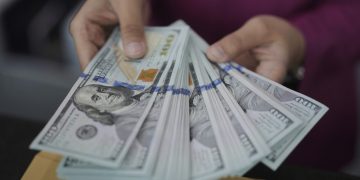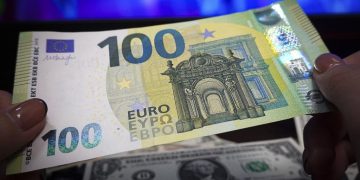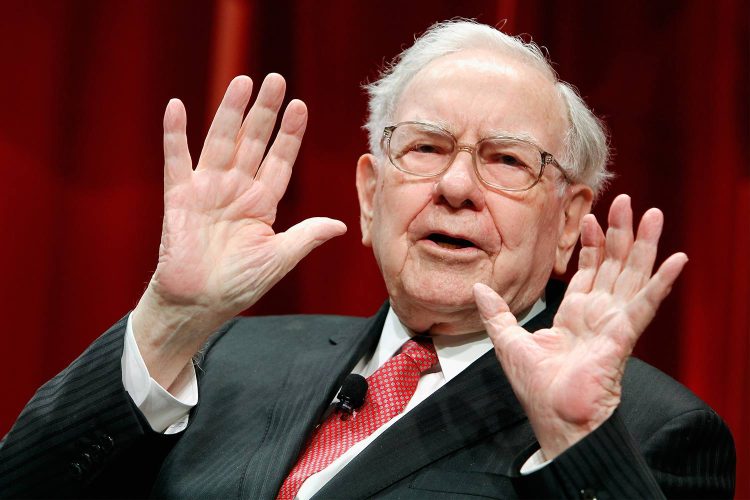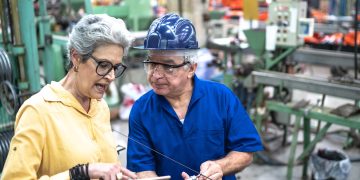In the past two years, Warren Buffett has made a lot of money investing in Japan. This year, the Japanese stock market index has hit new highs, once again confirmed Buffett’s unique investment vision.
How Buffett invests in Japan How much money did you make? Buffett’s Big stake in Japan’s Big Five trading houses is the logic? Can we ordinary investors find the wealth code in it?
Buffett continues to increase the weight of Japan’s five major trading companies
In August 2020, Berkshire first announced that it had owned 5% of the shares of the five largest Japanese trading houses, which were valued at $6.25 billion based on the closing price at the time of disclosure.
In April 2023, Buffett visited Japan again after 12 years and announced that the investment shareholding in the five major Japanese trading houses had increased to 7.4%, when he also revealed that the investment in the five major Japanese trading houses was Berkshire’s largest investment outside the United States.
In June 2023, Berkshire announced that it had increased its stake to more than 8.5%. In February, in a shareholder letter, Buffett revealed that Berkshire already owned about 9% of the five companies.

As for how long he will hold, Buffett said in his shareholder letter that he will continue to hold shares in the five major trading houses for the long term, revealing that Berkshire plans to hold these investments for 10 to 20 years.
However, he has also said that his stake in the five largest trading houses will not exceed 9.9 percent. Some market participants believe that this should be a promise to the actual control of the five major trading companies: I will not buy your company.
How much money Buffett made investing in the Big Five trading houses
Since Berkshire bought the stake in 2020, the Japanese stock market has been on a high, and the benchmark Nikkei 225 index has surpassed its previous all-time high of 38,957.44 points in 1989 to hit a record high this year, and the average gain of the five stocks has more than doubled.
Previously disclosed data show that Berkshire’s investment cost in these five Japanese companies totaled 1.6 trillion yen, and the market value of the shareholding reached 2.9 trillion yen by the end of 2023. Although the yen exchange rate has declined in recent years, in dollar terms, Berkshire’s return is not as large as in yen terms, but by 2023, the non-return rate has reached 61%, and the floating profit has reached $8 billion, about 57.5 billion yuan.
From January 4, 2024 to April 26, 2024, the five largest trading houses increased by an average of 33%. Assuming that Buffett earned 57.5 billion yuan at the end of 2023, the increase is also 33%, as of April 26, Buffett invested in the five major trading companies earned a total of about 76.5 billion yuan.
What are the attractions of the Big Five?
At Berkshire’s 2023 shareholders’ meeting, Buffett also explained the appeal of investing in these five trading houses, saying that as a group, they could yield about 14% on Berkshire’s acquisitions, pay handsome dividends and sometimes buy back stock. At the same time, Berkshire could eliminate currency risk by raising money in yen, which would cost only 0.5%.
As Buffett’s golden partner, Munger once detailed Buffett’s knack for investing in Japanese stocks: “The interest rate in Japan is 0.5% a year, borrowed for 10 years, and Japanese companies are entrenched overseas, where they own cheap copper, rubber plantations and other natural resources.” So Buffett borrowed money in Japan at 0.5 percent interest and invested in Japanese stocks, which have a 5 percent dividend, so they generate a lot of cash flow, without investing in the real economy, without thinking, without anything, and just lay back and watch the Nikkei go up.”
Buffett has stated that Itochu, Marubeni, Mitsubishi, Mitsui and Sumitomo – all five companies that follow shareshareer-friendly strategies – have reduced the number of shares outstanding at attractive prices since we started buying Japanese shares.
All five companies pay out only about a third of their earnings in dividends, leaving huge sums to be used both to build their many businesses and, to a lesser extent, to buy back shares. Like Berkshire, these five companies have been reluctant to issue stock.
The past and present lives of the five major trading houses

The five companies Buffett has invested in have a long history in Japan and are known as the Big Five. Some of the trading houses date back to the 19th century. In the past, they controlled Japanese trade, sourcing raw materials from around the world and selling Japanese products overseas.
Mitsui, whose predecessor can be traced back to the Mitsui family in the Edo period, was founded in 1877 as Mitsui Co., LTD., and expanded its business by selling coal from the Mitsui Coal Mine and importing and exporting rice, coal, raw silk, and cotton yarn. At the beginning of the Taisho era, it accounted for 40% of Japan’s exports and became the largest trading company.
The origin of Mitsubishi Corporation is the Tsuyun Chamber of Commerce, which was founded by Yataro Iwasaki in 1870. After several organizational changes and company name changes, the Mitsubishi Corporation Sales Department was established in 1892. In 1894, the coal division became independent and became the predecessor of Mitsubishi Corporation. In 1950, Mitsubishi Corporation was formally established.
From the Meiji Restoration to the Second World War, the Japanese government, in order to accelerate the industrialization process, developed civilian enterprises by introducing Western technology, encouraging invention and innovation, and delegated franchise rights, and sold government-run enterprises outside special sectors such as military industry, coinage, railway and printing to capitalists with certain strength at low prices, forming the first batch of consortiums. These conglomerates thus controlled more profitable industries such as transportation, spinning, banking, and steel.
Mitsubishi and Mitsui were the trading houses of the Meiji period, and the two chaebols gradually monopolized the Japanese market before World War II.
Sumitomo is as old as Mitsui and Mitsubishi, but its fame began after the war.
Itochu and Marubeni are Kansai trading companies. Itochu, which started out as a linen business in Konie and was founded in 1858, is not only one of the top five traders in Japan, but also an integrated trading company with a global presence, ranking 96th on the Fortune Global 500 list in 2023.
Marubeni was founded by Itochu Hyowei during the Ansei era and later developed into a textile trading company called Benichu, which is said to be identical twins with Itochu.
Today, these trading houses are integrated trading houses dealing in a wide range of commodities, including trade and infrastructure businesses in energy, chemicals, metals, food and agriculture, and mass consumption, and have investments and operations around the world.
These five trading houses play an important role in the Japanese economy, and their global operations and extensive networks make them important players and investors in international trade. Through the acquisition of resources, the circulation of commodities and the development of markets, they promote the trade cooperation and economic development between Japan and other countries in the world.
Issue yen bonds and buy Japanese stocks
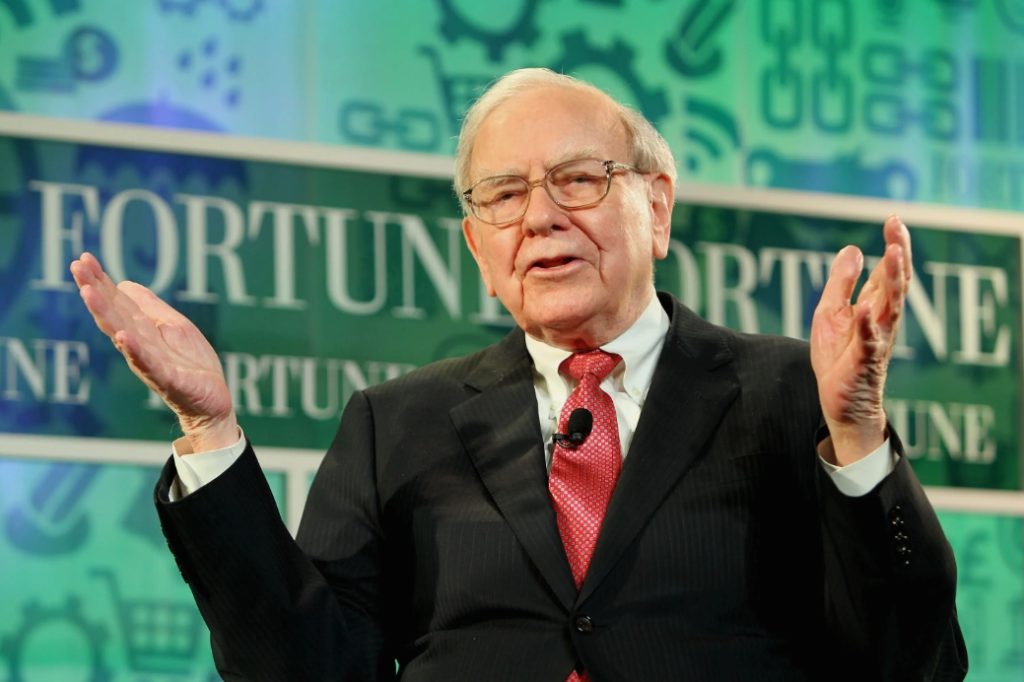
It is worth mentioning that Buffett bought the shares of the five major trading companies, using “borrowed” money. Buffett has said Berkshire funds most of its positions in Japan with 1.3 trillion yen in bond income because it cannot predict market prices in major currencies.
On April 18, Berkshire issued 263.3 billion yen (about $1.71 billion) in yen bonds, leading to speculation that it is once again overweight Japanese stocks.
The sale, which includes seven notes with maturities ranging from three to 30 years, is one of the largest yen deals by an overseas issuer since the Bank of Japan scrapped the world’s last negative interest rate regime last month.
Since issuing its first yen bond in 2019, Berkshire has been one of the largest overseas issuers of yen bonds, choosing the currency for 32 of its past 40 bond issues. As of last September, Berkshire had issued about $7.6 billion in yen bonds.
At present, the focus of the market is, Buffett after the completion of the capital raising, will add to the Japanese stock market in which targets?
Some investors believe that if Buffett further invests in the Japanese stock market, the maximum probability of buying the target is still the five major Japanese trading houses. From the fundamental point of view, the performance of Japan’s five major trading companies continues to strengthen, and dividends, buybacks are also increasing, which is obviously in line with Buffett’s consistent investment style.






